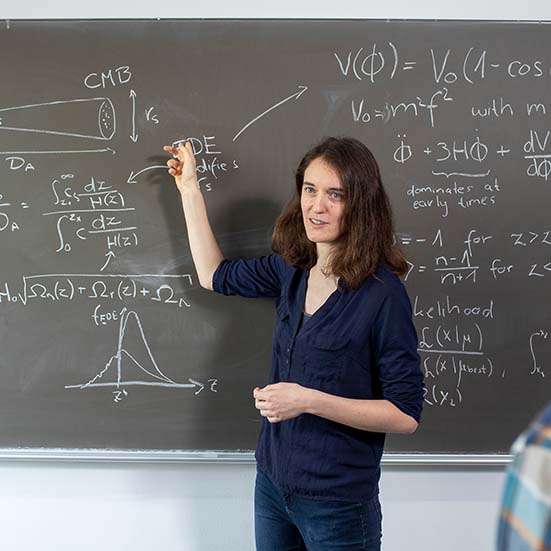Research in Germany
Germany is a top destination for PhD students, postdocs, and senior scientists. The website "Research in Germany" helps you to find your way to Germany, to seek for PhD positions, research jobs or funding opportunities. It describes the German research landscape and helps you plan your career and life in Germany. Welcome to Germany - the Land of Ideas!
.jpg)
Why Germany
There are many good reasons for doing research in Germany. It is one of the most innovative, stable and well endowed research nations and its universities and research institutions are among the best in the world. Values like freedom and diversity as well as social and ecological responsibility are considered important to ensure knowledge gain and societal progress.
Explore
Pinned topics
Back to top
Upcoming events
Find more
05.05.
– 09.05.
MAY 2024∙
FÓZ DO IGUAÇU / BRAZIL
''Research in Germany'' at the SIL International Congress on Limnology










